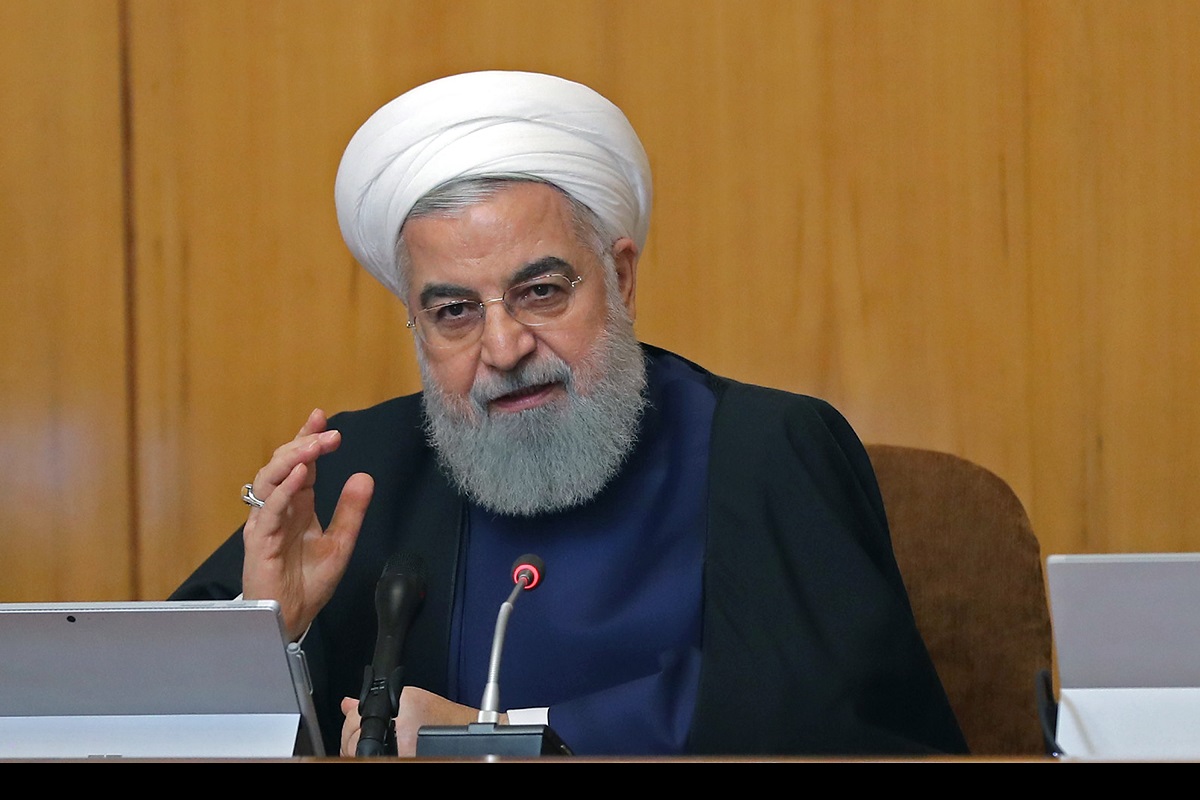It might be tempting to iterate the cliche ~ this time America’s tit for Iran’s tat.
President Hassan Rouhani’s decision to relax certain restrictions on its nuclear programme has been greeted by Donald Trump with a fresh cache of sanctions that primarily target revenue from its export of industrial metals. This is the latest bout of tensions between Washington and Tehran over a 2015 international agreement to curb the Islamic Republic’s nuclear programme.
While President Trump has withdrawn from the pact, crafted when Barack Obama was President, Iran’s latest initiative stops short of violating the deal with world powers, but it has made the waters murkier with the threat of more action if countries do not shield it from US sanctions.
Specifically, it wants the major powers to devise a way to bypass renewed US curbs. There has been considerable opposition in western Europe to Mr Trump’s unilateral pullout; equally there has been little or no effort to ensure that Iran, now helmed by a moderate Rouhani, places a cap on nuclear proliferation. The signatories to the agreement are expected to fulfil their obligations, as the Kremlin has emphasised.
Iran has let it be known that it wants Britain, France, Germany and Russia ~ with China at another remove ~ to deliver on their commitment relating to relief from sanctions within 60 days. In a word, it has ramped up the pressure without the faintest indication of a change in its nuclear agenda. Altogether, there has been a verbal joust for the past 48 hours across the two capitals of Washington and Tehran.
“Iran can expect further actions unless it fundamentally alters its conduct,” was President Trump’s warning. Tensions between the two countries have been high ever since the Trump administration let it be known that it was deploying a carrier strike group and bombers to the Middle East in response to what it said were “troubling indications and warnings” from Iran.
It is hard not to wonder whether Iran’s latest move is in response to the muscle-flexing by the US. The latest executive order effectively bans entities from the purchase, acquisition, sale, transport, or marketing of those minerals and their products from Iran or face sanctions. Furthermore, individuals and entities would be subject to US sanctions if they knowingly engaged in a significant transaction for the sale, supply, or transfer to Iran of goods or services used in connection with those industrial metal sectors.
The sanctions will continue to cripple Iran’s economy, but will scarcely bring the regime to its knees. Indeed, the narrative of international relations would suggest that sanctions have never led to the eclipse of a regime. Economic reprisal appears to be Mr Trump’s principal objective. Tension over matters nuclear can be awesome; relief from sanctions can only facilitate an easing of tensions. That precisely is the critical obligation of the European Union despite the obsessive concern over Brexit.











